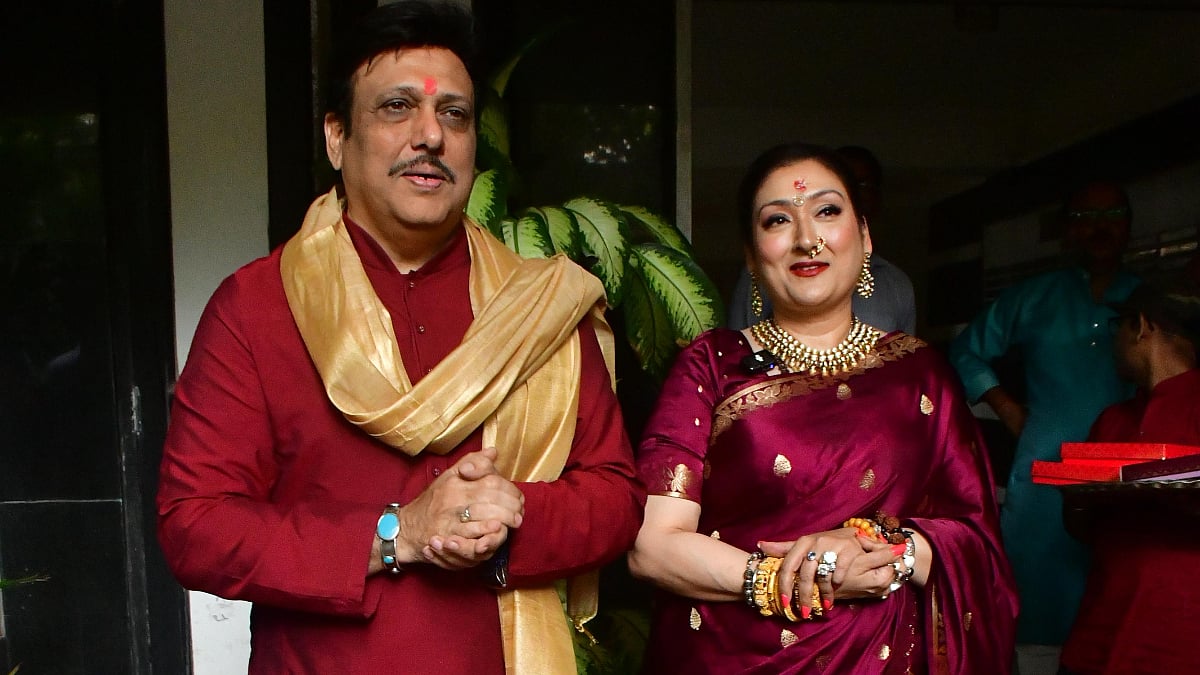Honestly, most of us at some point in school have looked at a blackboard full of symbols, squiggles, and something that suspiciously resembled hieroglyphics and asked the most logical question, "Where will I use this in real life?"
And as adults, we now know the answer: Everywhere, actually. You just refused to notice it.
Maths has long been branded as the monster under the curriculum bed. The subject that separates the “smart ones” from the “creative types”. We cheered when we finally dropped it after Class 10 or 12, like survivors of an intellectual trauma. But was that celebration premature?
Let’s be clear: no one’s asking you to solve differential equations at the supermarket. But let’s not throw the baby out with the algebra. Because math, dear reader, is not just about numbers. It’s about how you think.
The ‘Useless’ Maths Myth:
Yes, you might never need to calculate the square root of 529 again. You may live a perfectly happy life without ever drawing a sine curve or solving a quadratic equation. But here's the real deal: the point of learning math isn’t to use those specific formulas in daily life—it's to train your brain to not panic when life throws you a curveball. Or, in math terms, a parabola.
Math teaches logic. It teaches structure. It teaches you to not jump to conclusions unless you’ve shown your working. And frankly, we could all use a bit of that in WhatsApp arguments.
How Maths Sneaks Into Your Life (When You're Not Looking):
If you’ve ever compared two phone plans, calculated whether that 20% sale is actually worth it, budgeted a vacation, tried to split a bill without your friends pretending to be temporarily blind… you’ve used maths. You just didn’t call it that because it didn’t come with the trauma of a red pen and a frowning teacher.
The Real Skills Maths Gives You (Besides Anxiety):
Logical Thinking: That ability to break down a situation, weigh options, and reach a sensible conclusion? That’s math logic. It's why some people can plan a wedding budget, and others end up in therapy.
Precision: In a world drowning in vague opinions and hot takes, maths offers clarity. There’s a right answer. And if you’re wrong, there’s no "but it's my truth" loophole.
Discipline: You can't “wing” your way through a math problem. It needs steps. It needs focus. It builds the kind of mental muscle that makes you good at almost anything else—from cooking to coding.
Creative Thinking: Believe it or not, maths isn't all rigidity. Artists, musicians, and architects—some of the most creative people alive—swear by the patterns and symmetry maths helps them understand.
Confidence: When you stop fearing numbers, you stop fearing other things too—investments, salaries, interest rates, and even starting a business.
“But AI Does It Now!”:
Yes, AI can solve equations faster than you can find your calculator app. But AI is math. Every swipe, scroll, like, and auto-suggestion is powered by algorithms written by someone who didn’t skip math.
The problem isn’t that math is obsolete—it’s that too many of us have chosen to become consumers of tech, not creators. And that gap is widening.
It Wasn't Maths. It Was How It Was Taught:
Let’s not blame the subject entirely. Most of our math trauma has less to do with the subject and more with how it was taught. Rote formulas, mechanical repetition, and zero context. No one ever said, “This is how you’ll use this in real life.” Instead, they said, “This will come in the exam,” which is not the same thing.
But now that you’re older (and hopefully more forgiving), maybe it’s time to give maths another chance. You don’t need to go back to textbooks. Just stop treating every number with suspicion. Read your payslip. Check your bank statement. Understand what that mutual fund is doing with your money.
Maths is not just useful—it’s empowering. And no, it's never too late. Even if your last math class was in 1998.
Final Word:
This isn’t a love letter to calculus. It’s a plea to rethink what we dismissed too quickly. Maths isn’t about getting the right answer anymore. It’s about asking the right questions—and knowing how to approach the answer.
Because in life, as in algebra, the only way out of a problem is to solve it.
Sanjeev Kotnala is a brand and marketing consultant, writer, coach and mentor










